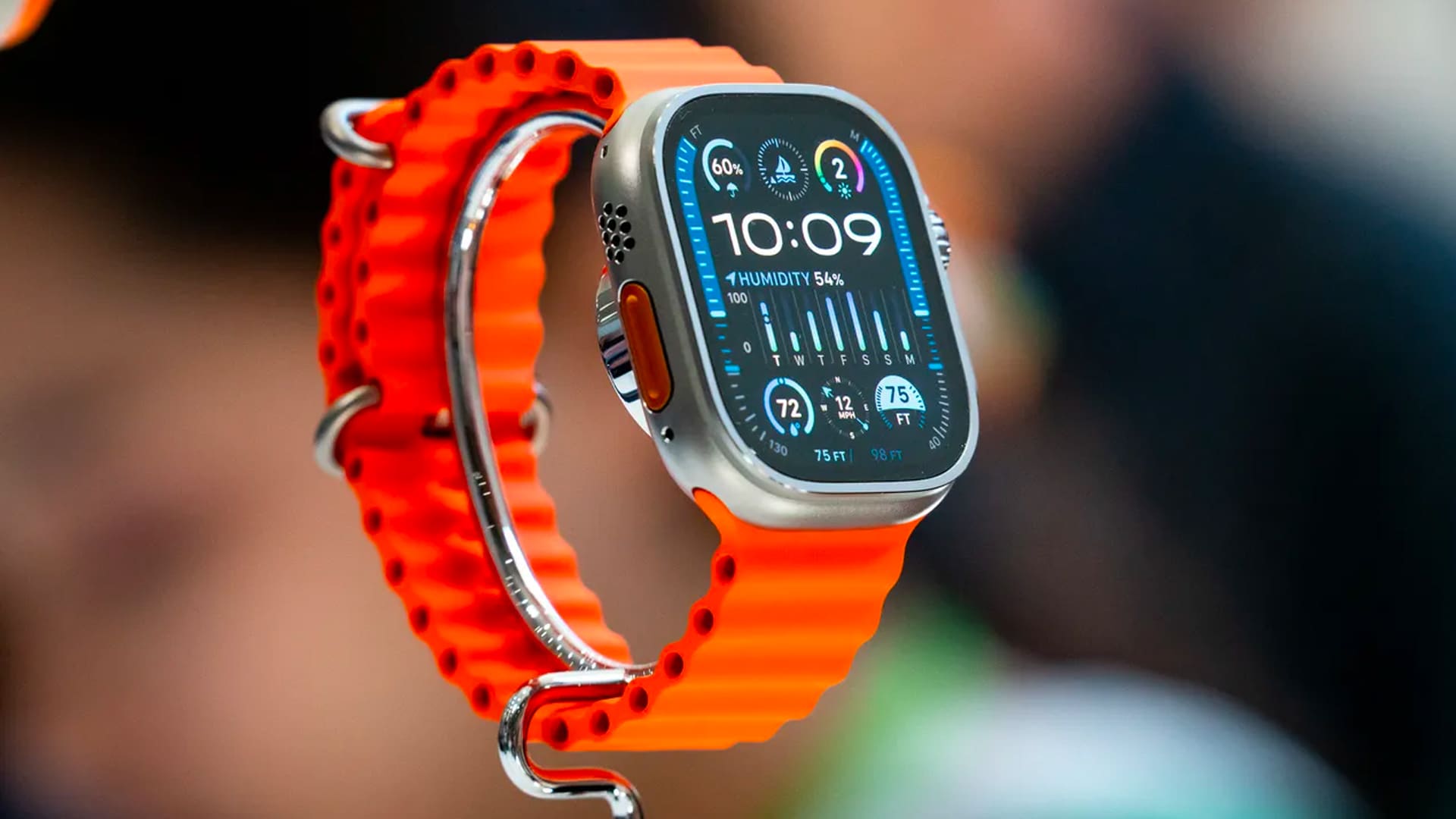Apple will be removing the blood oxygen monitoring feature from its Apple Watch Series 9 and Ultra 2 models sold in the United States, responding to an ongoing legal battle with health technology firm Masimo. The move comes after the International Trade Commission (ITC) determined in October that Apple’s smartwatches violated Masimo’s patents. Apple faced an import ban on the watches, but a US appeals court granted a temporary halt on December 27, allowing the company to continue sales while the ITC decision is under appeal.
In response to the ongoing legal challenges, Apple announced that the modified versions of the Apple Watch Series 9 and Ultra 2, sans the blood oxygen monitoring feature, will be available for purchase starting Thursday. This unusual step of removing a feature from already-released products is seen as a strategic move to comply with the ITC ruling while avoiding disruptions in sales. Apple clarified that previously purchased Apple Watches with the blood oxygen feature will not be affected.
The legal dispute between Apple and Masimo revolves around the allegation that Apple recruited Masimo employees and used their technology to develop pulse oximetry devices incorporated into Apple’s smartwatches. The ITC’s decision in October prompted the ban on the watches with the alleged patent-infringing sensors. Apple’s success in securing a temporary halt on the import ban reflects the complexity and ongoing nature of the legal proceedings.

The wearables category, including Apple Watch and headphones, is a significant revenue generator for Apple, contributing nearly $40 billion in sales in 2023. The removal of the blood oxygen monitoring feature, a notable health-related function, could impact consumer perception and interest in the affected Apple Watch models. While Apple seeks to navigate the legal challenges and maintain its market presence, the absence of a prominent health monitoring feature may influence consumer preferences.
Masimo’s founder and CEO, Joe Kiani, commented on the ruling, emphasizing the importance of respecting intellectual property rights. He stated that the decision highlights the accountability even large corporations like Apple must uphold when it comes to respecting the patents of American inventors. Masimo’s accusations of employee poaching and technology theft underscore the intensity of competition and legal conflicts within the tech industry.
Apple’s willingness to modify existing products to align with legal requirements showcases the company’s strategic approach to protect its market position and address intellectual property disputes. As the legal proceedings continue, Apple will likely face challenges in balancing compliance with legal decisions and meeting consumer expectations for innovative and feature-rich products.
In conclusion, Apple’s decision to remove the blood oxygen monitoring feature from certain Apple Watch models in the US reflects the ongoing legal battle with Masimo and the complexities of intellectual property disputes in the tech industry. This move aims to ensure continued sales while navigating the legal landscape, but it introduces considerations related to consumer preferences and the competitive wearables market.







